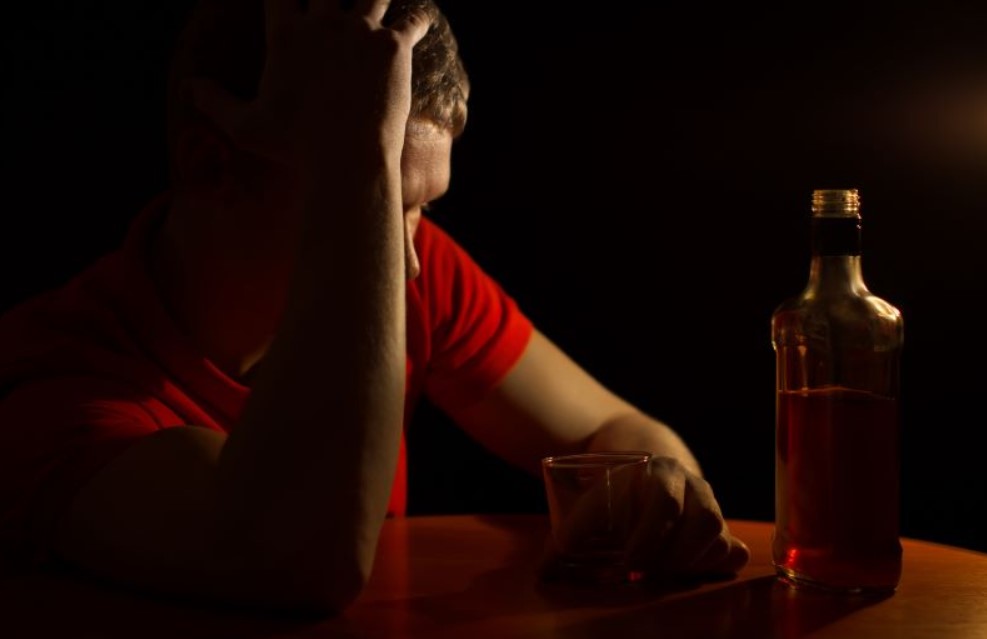
The problem of alcohol abuse certainly cannot be solved using only one health science perspective but must be understood holistically. Alcoholics addicts need rehabs in cape town between eight months to a year and get moral support from family to get back into social life. Traditional factors, social norms, religious values, laws and policies, as well as economic aspects, the development of communication media, and technology also play a role in the increase of alcohol abuse.
The Beginning of the Alcohol Polemic
Alcohol itself has become an inseparable part of the long journey of human civilization. Starting from ancient Egyptian civilization, European aristocracy, to today’s modern civilization, alcohol still takes on a role as one of the substances consumed by humans. Although alcohol has been known for thousands of years, but only after going through a very long history, in the mid-18th century doctors in England discovered the adverse effects of alcohol on health. This discovery finally gave birth to a regulation regarding the use of alcoholic beverages called the Gin Act of 1751.
Alcohol itself is a psychoactive substance that is addictive. Psychosis, because alcohol works selectively, especially on the brain, can cause changes in behavior, emotions, cognition, perception, and consciousness of a person. The addictive nature of alcohol is the nature of a person’s addiction or dependence on this substance. A person who uses alcohol has a response range that fluctuates from mild to severe conditions. The psychoactive ingredient in alcohol is ethyl alcohol which is obtained from the process of fermenting honey, sugar, fruit juice, or tubers. Alcoholic beverages have different levels, for example, beer and soda alcohol (1%-10% alcohol), martinis and wine (10%-20% alcohol), whiskey and brandy (20%-50% alcohol). Alcohol itself is divided into 3 groups, group A at 0.1% -05%, group B at 0.5% -20%, and class C at 20%-50%.
Although the human body can consume about 7 cal/gr of alcohol, the reality is that none of the human body’s biochemical processes require alcohol. Today alcohol abuse is a problem in almost every country around the world. The level of alcohol consumption in each country varies depending on socio-cultural conditions, economic strength, religious patterns, and the form of alcohol policies and regulations in each country.
Generally, the introduction of alcohol actually occurs at a young age. The most at-risk growth period is when a person first tries to consume alcohol in adolescence. This is a very critical period which is often the entrance to alcohol abuse.
Factors that cause alcohol abuse in adolescents:
- providing incorrect information;
- weak control from parents;
- there are more facilities and materials from parents;
- unstable personality and the influence of friends;
- and the mental weakness of teenagers.
- Lack of self-confidence.
- Curiosity or trial and error.
- Run away from trouble.
- Lack of knowledge.
- Bad family.
- Bad environment.
In fact, adolescence is a period of transition from children to adults. If teenagers consume alcohol, then the negative impacts that can arise are intellectual changes, unstable emotions, and deviant behavior. Related to this, the problem of alcohol abuse cannot be underestimated, there are many factors involved in it so that strategies and efforts to deal with it must be carried out in a comprehensive and multi-dimensional manner. Handling people who are addicted to alcohol is actually no different from drug addicts. They need to rehabs in durban in order to be free from the desire to always consume alcohol.
For those who are addicted, what must be treated first is the mindset. They must be reminded again that alcohol can make him sick, even to the point of death. If the mindset has been successfully straightened out, the treatment will be easier. provides a person with a holistic approach to alcohol addiction treatment, addressing the symptoms of addiction, the underlying causes that lead to the addiction, and also developing effective coping.
Trigger Mental Disorders, Alcohol Called As The Root Of Gambling Addiction And Suicide
And it turns out that alcohol use can be associated with suicidal ideation. The use of alcohol is closely related to the idea of ending life because there is depression experienced by people who are addicted to alcohol.
Cause Brain Damage
Alcohol or liquor in addition to having an impact on mental or mental health also has an impact on brain damage and early dementia. senile dementia occurs at a young age due to degeneration of the brain nerves caused by alcohol.
For adolescent alcohol users, parts of the brain are not fully developed so that brain damage can cause adverse symptoms for adolescents. For example, impaired attention (center of attention), and memory.
Neuropsychological studies show that abuse of narcotics, alcohol, psychotropic substances, and addictive substances is associated with damage to brain circuits and neurotransmitters that cause a decrease in spatial function, inhibitory (self-control) function, learning, and memory.
Is Alcohol Addiction a Mental Illness?
Like drugs, excessive and continuous use of alcohol can also lead to addiction. In this condition, a person has difficulty controlling alcohol use and will continue to use it even if it is detrimental. Excessive alcohol use can depress some bodily functions and in very severe cases can lead to death.
Not only do they interfere with physical health but alcoholics can also experience mental disorders. People who are addicted to alcohol have mental health and mental health. No longer afraid of danger, let alone rules. The worst thing can be schizophrenia, or we call it psycho-organic. Not only causing criminal behavior but frequent consumption of alcohol can also lead to psychotic disorders.
According to the Mental Health Journal, psychotic disorders can make it difficult for sufferers to think clearly, make good judgments, respond emotionally, communicate effectively, understand reality, and behave appropriately. Psychotic disorder due to alcohol abuse is a disorder characterized by hallucinations due to the effects of alcohol. These psychotic symptoms usually occur during or within 1 month after the state of alcohol intoxication.
The most frequent hallucinations are auditory which are usually voices but are often unstructured. People with psychosis usually hear hallucinations in the form of voices containing slander, reproach, or threats. Seeing or feeling something that isn’t there is also a hallmark of hallucinations.
Giving drugs, doing CBT (Cognitive Behavioral Therapy) therapy, having support and encouragement from the family, and gathering with the disease community are ways of healing that psychotic sufferers can take.
Don’t forget to consult a psychiatric specialist in psychiatric hospitals regularly if you feel that psychotic symptoms have arisen. That way, the process of handling psychotic disorders can be overcome in accordance with applicable medical rules.

